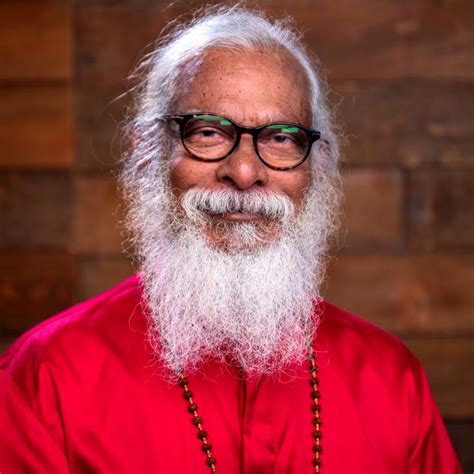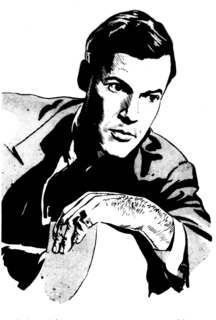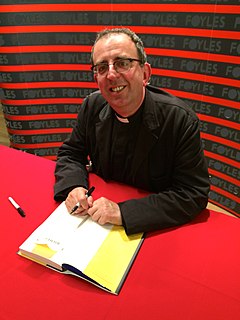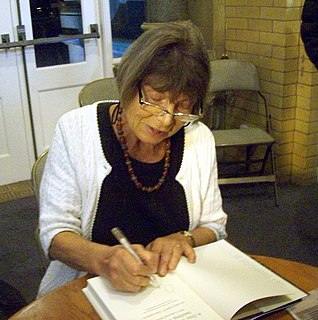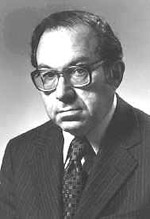A Quote by Michel de Montaigne
To die is not to play a part in society; it is the act of a single person. Let us live and laugh among our friends; let us die and sulk among strangers.
Related Quotes
Who Honors those we love for the very life we live? Who sends monsters to kill us...and at the same time sings that we'll never die? Who teaches us what's real...and how to laugh at lies? Who decides why we live and what we'll die to defend? Who chains us...and who holds the key that can set us free? It's you. You have all the weapons you need. Now fight!
God's word tells us that righteousness is a gift; it cannot be earned. But godliness is not a gift. We must pay a price to touch godliness through a daily decision to die to self and embrace the cross. God calls us to learn godliness in the classroom of life among people as we sit on airplanes and buses, walk among our neighbors and labor at our factories or desks.
Only part of us is sane: only part of us loves pleasure and the longer day of happiness, wants to live to our nineties and die in peace, in a house that we built, that shall shelter those who come after us. The other half of us is nearly mad. It prefers the disagreeable to the agreeable, loves pain and its darker night despair, and wants to die in a catastrophe that will set back life to its beginnings and leave nothing of our house save its blackened foundations.
We attach our feelings to the moment when we were hurt, endowing it with immortality. And we let it assault us every time it comes to mind. It travels with us, sleeps with us, hovers over us while we make love, and broods over us while we die. Our hate does not even have the decency to die when those we hate die-for it is a parasite sucking OUR blood, not theirs. There is only one remedy for it. [forgiveness]
Acquire knowledge. It enables its possessor to distinguish right from wrong; it lights the way to Heaven; it is our friend in the desert, our society in solitude, our companion when friendless; it guides us to happiness; it sustains us in misery; it is an ornament among our friends and an armor against enemies.
A realistic expectation also demands our acceptance that one's allotted time on earth must be limited to an allowance consistent with the continuity of our species... We die so that the world may continue to live. We have been given the miracle of life because trillions and trillions of living things have prepared the way for us and then have died-in a sense, for us. We die, in turn, so that others may live. The tragedy of a single individual becomes, in the balance of natural things, the triumph of ongoing life.
Auntie Phyl's last months in the care home were extra pieces. Age is unnecessary. Some of us, like my mother, are fortunate enough to die swiftly and suddenly, in full possession of our faculties and our fate, but more and more of us will be condemned to linger, at the mercy of anxious or indifferent relatives, careless strangers, unwanted medical interventions, increasing debility, incontinence, memory loss. We live too long, but, like the sibyl hanging in her basket in the cave at Cumae, we find it hard to die.
Dark influences from the American past congregate among us still. If we are a democracy, what are we to make of the palpable elements of plutocracy, oligarchy, and mounting theocracy that rule our state? How do we address the self-inflicted catastrophes that devastated our natural environment? So large is our malaise that no single writer can encompass it. We have no Emerson or Whitman among us. An institutionalized counterculture condemns individuality as archaic and depreciates intellectual values, even in the universities. (The Anatomy of Influence)
Death can come at any moment. You could die this afternoon; you could die tomorrow morning; you could die on your way to work; you could die in your sleep. Most of us try to avoid the sense that death can come at any time, but its timing is unknown to us. Can we live each day as if it were our last? Can we relate to one another as if there were no tomorrow?




